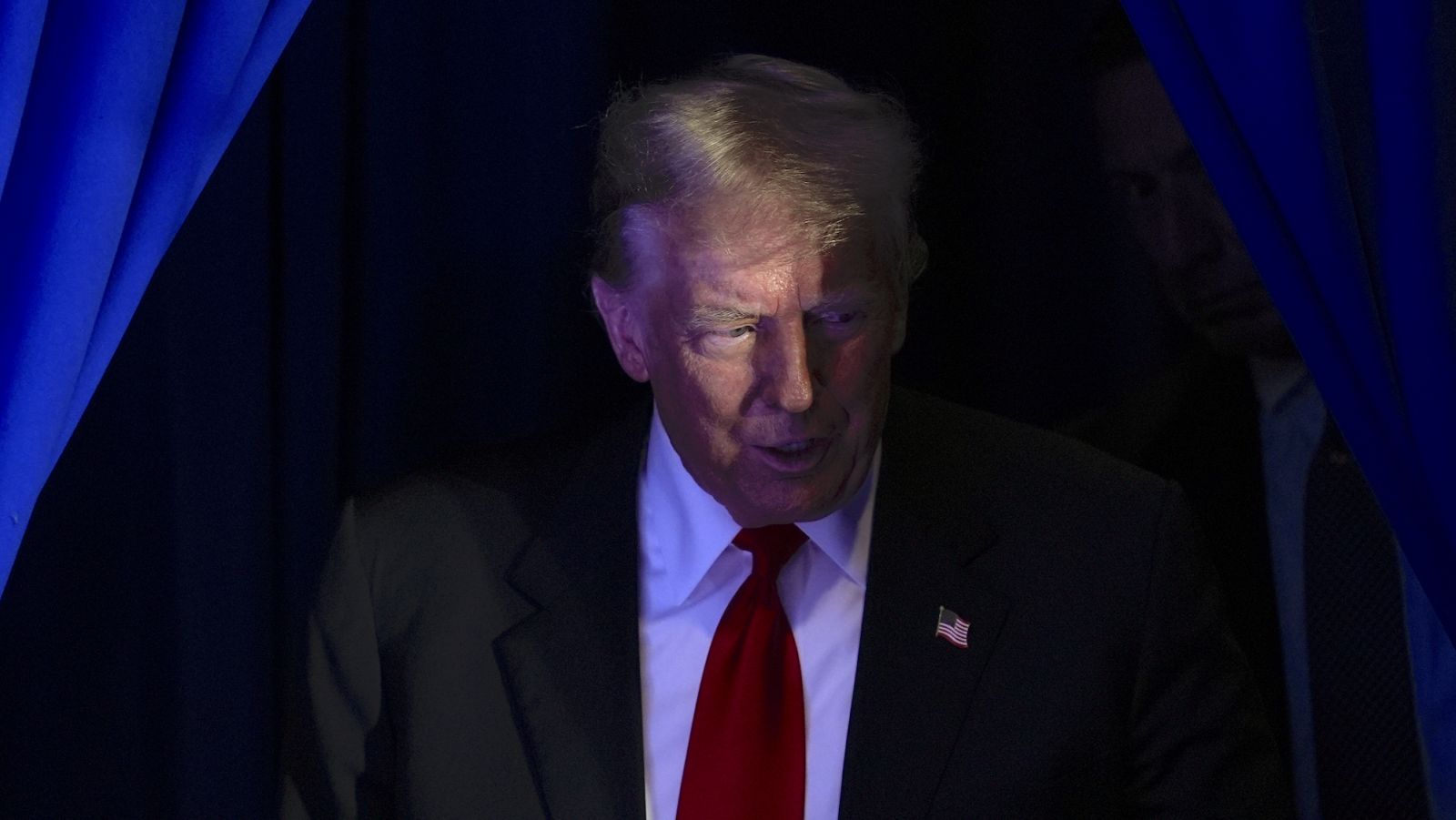(CNN) — Donald Trump said Thursday that U.S. presidents should have absolute immunity that protects them from legal suits even if they “cross the line” while in office. It takes his stance on the issue even further as he awaits a ruling from a federal appeals court in Washington on efforts to subvert the 2020 election.
“Even events that 'cross the line' should be covered by full immunity,” Trump argued in a post, written in all caps, on Truth Social.
“The President of the United States must have absolute immunity, without which he cannot function adequately,” Trump said.
The former president tried to use his status as a defendant in several court cases to galvanize his supporters in the Republican primaries. The publication also reiterates its belief that an absolute vesting of presidential power will protect him even if he is not in office. Precisely, a statement that created fear among his opponents and critics ahead of the 2024 presidential election.
Last week, a federal appeals panel expressed deep skepticism about the immunity argument advanced by Trump's lawyers and questioned whether the argument would allow presidents to sell pardons or assassinate political opponents.
Trump is seeking to have the U.S. Circuit Court of Appeals in Washington dismiss the criminal election tampering case against him overseen by special counsel Jack Smith. Smith has charged Trump with four counts of trying to stay in office after losing the 2020 presidential election, and Trump has pleaded not guilty to all charges.
The special counsel's panel noted in last week's hearing that the president is not above the law and that there is no criminal mechanism in place to prevent future presidents from deliberately breaking the law. power
An appeals court is currently weighing this question of presidential immunity, and the U.S. Supreme Court may eventually be asked to intervene.
Trump asserted “total immunity” this Thursday, but his lawyers in the case defended the immunity with some qualifications. They argued in court that immunity from criminal activity related to the presidency should include acts that could be official duties of the office. Trump previously echoed the legal argument about Truth Social, noting that his public effort to challenge the outcome of the 2020 election was part of his job while he governed the country.
One of Trump's lawyers told a federal appeals court in Washington last week that the former president can only be charged if the Senate convicts him after a House impeachment trial. At least one justice on the three-member panel, which can rule on the immunity question at any time, strongly questioned that answer, while another justice clearly expressed doubt that constitutional protections could be extended so broadly to everything a person does.
The House of Representatives impeached Trump following the Capitol riots on January 6, 2021, but the Senate ultimately acquitted him. At the time, several senators, including then-Majority Leader Mitch McConnell, said the courts and justice system could still hold Trump accountable.
The immunity hearing is one of Trump's only chances to derail his impeachment, which is scheduled to begin in early March. This raises an important question of constitutional separation of powers and is likely to shape the understanding of the presidency.

“Music ninja. Analyst. Typical coffee lover. Travel evangelist. Proud explorer.”




:quality(85)/cloudfront-us-east-1.images.arcpublishing.com/infobae/SXDWOIO7O5FMZOWUATFEXQYWTY.jpg)


More Stories
The girl, Maria Gomez Perez, was found by authorities in Ohio; A 34-year-old man has been arrested
USA I “Miraculous” rescue of man who spent 12 days without food in Kentucky mountains
Trump reportedly regrets choosing JD Vance